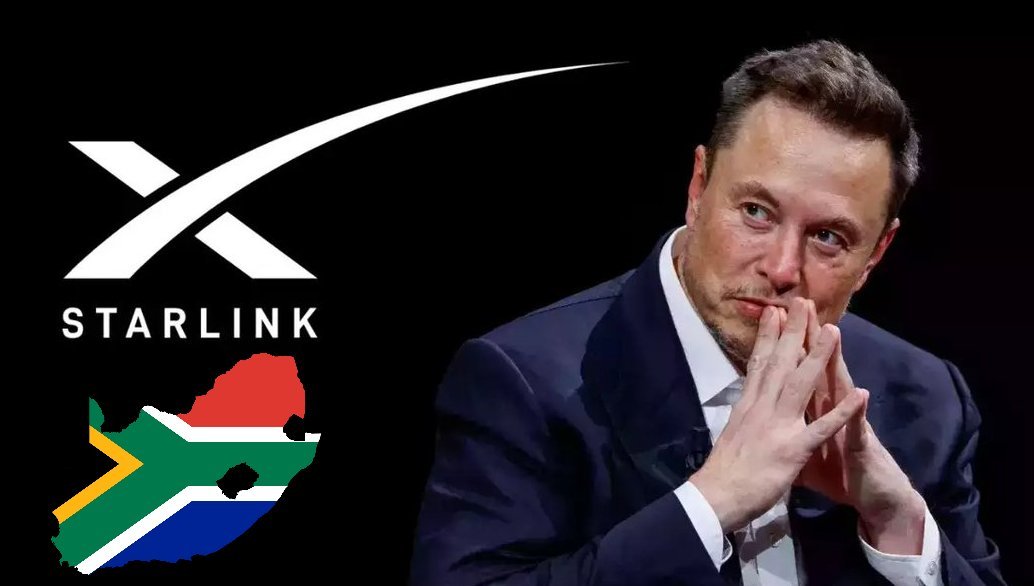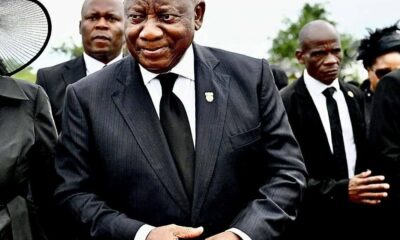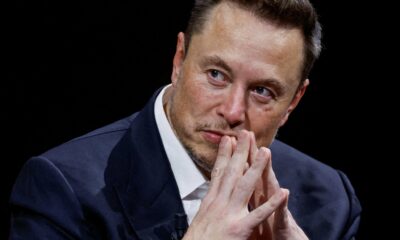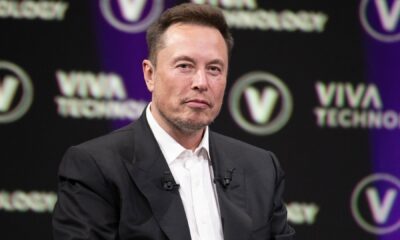News
SpaceX Pushes Back on South Africa’s BEE Rules as Starlink Eyes Local Launch

A billionaire’s broadband meets a country’s legacy law
Elon Musk’s SpaceX has set its sights on South Africa, the birthplace of its founder, as it works to expand Starlink satellite internet across Africa. But there’s a hitch: the country’s Black Economic Empowerment (BEE) rules, which require at least 30% Black ownership in telecom companies.
In a letter to government regulators, SpaceX argued that instead of forcing equity transfers, South Africa should allow “equity-equivalent” investment programs. In other words, foreign firms like Starlink could fund infrastructure, digital inclusion projects, and small-business support without ceding ownership.
SpaceX insists this approach would “provide much-needed regulatory certainty and foster investment in infrastructure.”
The history behind the law
South Africa’s BEE framework was born in the mid-1990s, designed to undo the economic exclusion created under apartheid. It remains a cornerstone of economic policy, but critics, both local and foreign have long debated whether ownership quotas deter outside investment. Musk himself has gone further, publicly labeling the system “openly racist.”
A possible compromise?
The Department of Communications and Digital Technologies has asked the regulator ICASA to study alternatives, a sign that government may be open to flexibility. A precedent already exists: in 2019, global carmakers like BMW, Toyota, and Ford set up a transformation fund instead of selling shares, channeling money into community development while retaining full ownership of their South African arms.
That model could become a template for SpaceX. Reports suggest Starlink has floated a potential R2 billion (US$112 million) investment in South Africa, earmarked for partnerships with local businesses, from land leasing to fiber optic infrastructure and energy services.
Social reaction: divided opinions
Reaction has been mixed. On tech forums, many South Africans expressed excitement at the prospect of faster, uncapped internet, especially in rural areas where connectivity remains patchy. “If Starlink comes, I’ll finally be able to work from the farm,” one user commented on X (formerly Twitter).
Others, however, warn against bending the rules for Musk. “BEE is not optional. If we start carving out exceptions, who else gets a free pass?” wrote one activist.
The bigger picture
For now, Starlink operates in 17 African countries, including neighbors Namibia, Botswana, and Mozambique — but not South Africa, its biggest potential market. The government must now decide whether to hold firm on ownership requirements or embrace new models of compliance that keep restitution goals intact while welcoming global innovators.
If SpaceX gets its way, it won’t just be a win for Starlink subscribers, it could reshape how South Africa handles foreign investment across industries.
{Source: BusinessInsider}
Follow Joburg ETC on Facebook, Twitter , TikTok and Instagram
For more News in Johannesburg, visit joburgetc.com



























